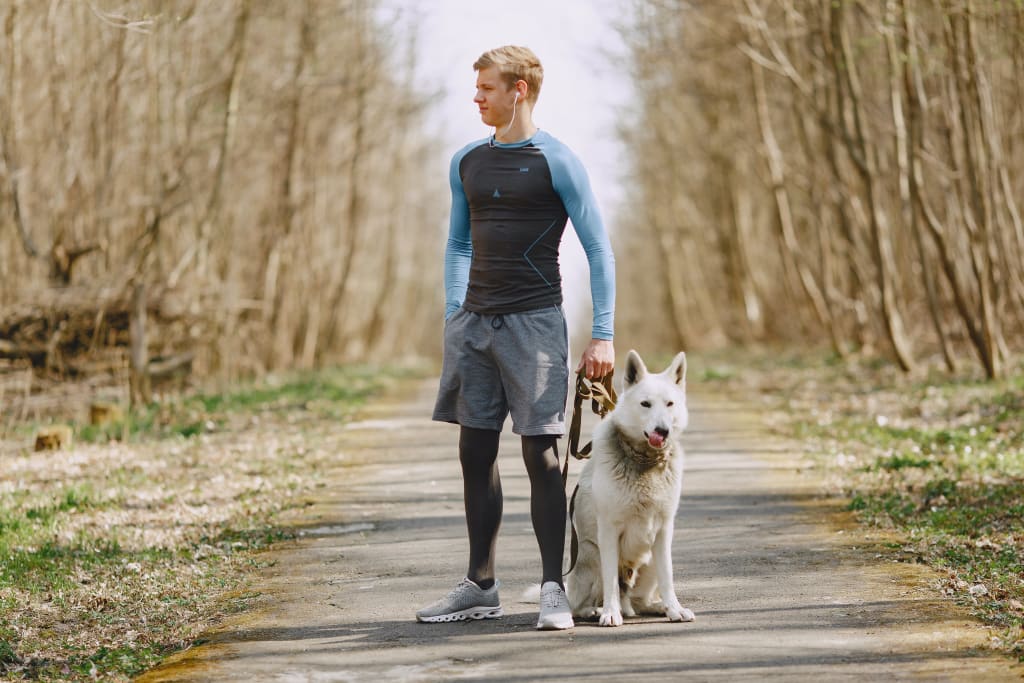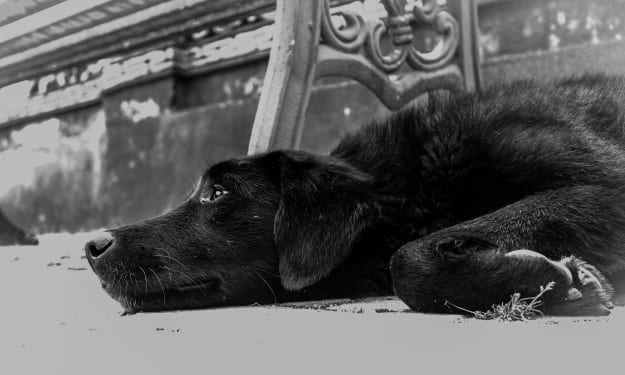Unleash Solutions: Tackling Dog Reactivity with Expert Insights
Learn How to Train and Manage Your Reactive Dog with Expert Advice.

Our furry friends bring immeasurable joy to our lives, but sometimes, our beloved dogs may exhibit reactive behaviors that leave us puzzled. In this article, we'll delve into the world of dog reactivity, providing expert insights and proven strategies to help pet parents understand and address this common issue.
1. Understanding Dog Reactivity
Dog reactivity may seem complex, but at its core, it's a natural response stemming from fear or anxiety. By understanding its roots, pet parents can better address and manage this behavior.
2. Common Triggers
What sets off reactive behavior? Identifying common triggers, such as unfamiliar environments, loud noises, or other animals, is crucial. Once recognized, strategies can be tailored to ease these specific stressors.
3. Recognizing Reactive Behavior
How can you identify reactive behavior? Look for signs like barking, growling, or pulling on the leash. Recognizing these cues early allows for timely intervention and prevents escalation.
4. Proven Training Techniques
Training is key. Implement positive reinforcement techniques to redirect negative behavior. Consistency is vital for your dog to understand the desired responses.
5. Patience and Consistency
Why is patience crucial? Rome wasn't built in a day, and neither is behavior change. Consistent training with patience is the key to overcoming dog reactivity.
6. Building Positive Experiences
Can positive experiences help? Exposing your dog to positive situations gradually helps reshape their perception, turning once stressful encounters into enjoyable experiences.
7. Professional Help Matters
When to seek professional help? Sometimes, expert guidance is necessary. A professional dog trainer or behaviorist can provide tailored solutions based on your dog's specific needs.
8. Socialization Techniques
Socializing your dog. Gradual exposure to various stimuli aids in building confidence, reducing reactivity, and fostering positive interactions.
9. The Importance of Exercise
A tired dog is a happy dog. Regular exercise not only keeps your furry friend physically healthy but also plays a crucial role in minimizing stress and reactivity.
10. A Holistic Approach
Why a holistic approach? Consider your dog's overall well-being, including diet, environment, and mental stimulation. A holistic approach addresses the root causes of reactivity.
11. Managing Stress
Stress management for dogs. Explore calming techniques like puzzle toys, soothing music, or designated quiet spaces to help your dog cope with stress.
12. Communication is Key
How to communicate effectively? Dogs respond to your energy and body language. Clear communication builds trust, reducing reactive tendencies.
13. Setting Realistic Expectations
What to expect during training? Set realistic goals, understanding that progress may be gradual. Celebrate small victories to motivate both you and your furry companion.
14. Celebrating Small Wins
Why celebrate small wins? Acknowledge and reward progress, reinforcing positive behavior. Celebrating small wins creates a positive reinforcement loop.
15. The Journey to Harmony
Embark on a journey to harmony. By combining patience, understanding, and effective strategies, you'll witness a transformation in your dog's behavior, leading to a harmonious relationship.
Conclusion
In conclusion, addressing dog reactivity requires a multifaceted approach. Understanding the triggers, consistent training, and seeking professional help when needed are crucial steps in achieving a harmonious bond with your furry friend.
Frequently Asked Questions
1. What causes dog reactivity?
Dog reactivity often stems from fear or anxiety triggered by various stimuli.
2. How long does it take to see improvements in reactive behavior?
The timeline varies, but consistent training and positive reinforcement can yield noticeable improvements within a few weeks.
Is professional help necessary for all reactive dogs?
While not mandatory, professional guidance can significantly accelerate the training process, especially for severe cases.
Can older dogs overcome reactivity?
Yes, with patience and consistent training, older dogs can learn new behaviors and overcome reactivity.
Should I avoid situations that trigger my dog's reactivity?
Gradual exposure is key. Avoidance might be necessary initially, but the goal is to desensitize your dog over time.
Addressing dog reactivity is a journey that requires dedication and understanding. With the right strategies and a patient approach, you can foster a positive and enriching relationship with your furry companion.
About the Creator
Jesse McDaniel
Hi there, This is Jesse McDaniel. I am a proud dog owner and love writing about interesting things about pet health care. I would love to connect with everyone here.
Enjoyed the story? Support the Creator.
Subscribe for free to receive all their stories in your feed. You could also pledge your support or give them a one-off tip, letting them know you appreciate their work.






Comments
Jesse McDaniel is not accepting comments at the moment
Want to show your support? Send them a one-off tip.